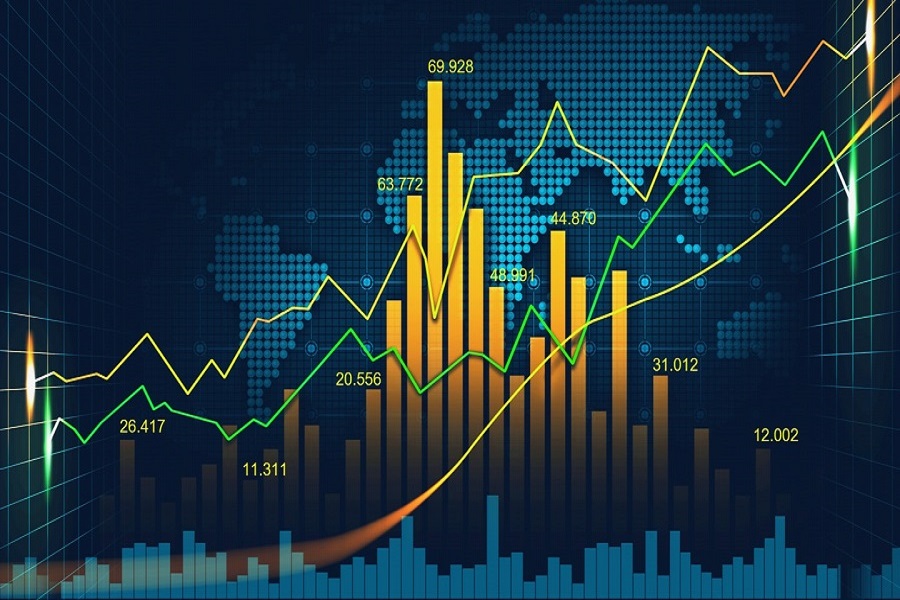Forex trading is an exciting opportunity to capitalize on the fluctuating prices of global currencies with the goal of achieving financial gains. It is a global decentralized market that operates 24 hours a day, allowing individuals and institutions to trade currencies from different countries.
Forex trading in Nigeria has gained significant popularity in recent years, attracting a growing number of participants eager to take advantage of the potential financial gains it offers. However, the success of trading is not solely dependent on market knowledge and technical analysis. Economic factors play a crucial role in shaping the forex market and influencing trading outcomes.
Let’s take a closer look at some key economic factors that significantly influence forex trading in Nigeria.
1. Exchange rate stability
Exchange rate stability is an essential factor affecting foreign exchange trading in Nigeria. The Central Bank of Nigeria (CBN) plays a major role as its interventions, policies, and decisions have direct implications on the value of Naira against other currencies. These sudden changes can lead to volatility and uncertainty in the Forex market that directly affects traders’ strategies while making their decision for trades.
2. Inflation
Inflation is an important economic factor that significantly affects forex trading in Nigeria. High inflation reduces the purchasing power of a currency, making it less attractive to international traders. The Nigerian economy has had its fair share of high inflation rates over time, causing the CBN to implement monetary policies aimed at curbing this trend and stabilizing its currency values.
As such, smart traders need to remain vigilant when monitoring changes in both inflation levels and corresponding CBN policy shifts so they can adjust their strategies accordingly for successful trades on foreign exchanges.
3. Political stability
Political stability is a crucial factor in forex trading, as it affects investor confidence and economic growth. In Nigeria, political events, such as elections or policy changes, can influence the forex market as well. Political uncertainty can lead to increased volatility and risk aversion among traders, affecting currency valuations. Traders should closely monitor political developments, government policies, and geopolitical tensions that could potentially impact the stability of the Nigerian economy and currency.
4. The economic indicators
A wide range of economic indicators, such as GDP growth, employment rates, trade balances, and consumer sentiment, provide insights into the overall health of the Nigerian economy. Forex traders use these indicators to gauge the strength or weakness of the economy, as they can affect currency values. Positive economic indicators often lead to increased investor confidence and a stronger currency, while negative indicators can have the opposite effect. Monitoring and interpreting these indicators are crucial for successful forex trading in Nigeria.
Conclusion
To finalize, forex trading in Nigeria is influenced by various economic factors that shape the forex market and impact trading outcomes. Exchange rate stability, inflation, political stability, and economic indicators all play pivotal roles in determining the value of the Nigerian currency and affecting trading decisions. Forex traders need to be informed about these factors and their potential implications to make informed trading strategies and manage risks effectively. Due to it they can navigate the market with greater confidence and increase their chances of success.


